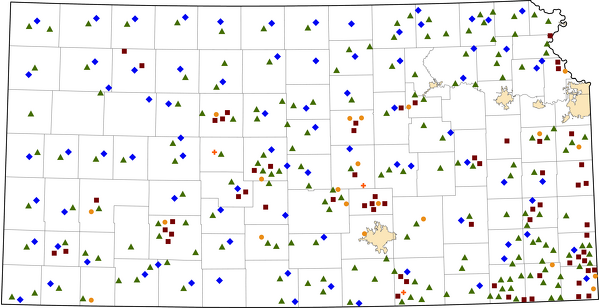Kansas
State Office of Rural Health
Kansas Office of Primary Care and Rural Health
Email: kdhe.ruralhealth@ks.gov
view details
Kansas Nonmetro Population
2,937,569
Estimated population
867,340
(29.5%)
People living in nonmetro areas
Kansas Rural Healthcare Facilities
82
Critical Access Hospitals
3
Rural Emergency Hospitals
182
Rural Health Clinics
63
Federally Qualified Health Centers*
21
Short Term/PPS Hospitals*
*Sites according to data.HRSA.gov (July 2025), showing only locations outside of
U.S. Census
Bureau Urban Areas with a population of 50,000 or more
Last Updated: 9/11/2025
Last Reviewed: 11/19/2025



Selected Social Determinants of Health for Rural Kansas